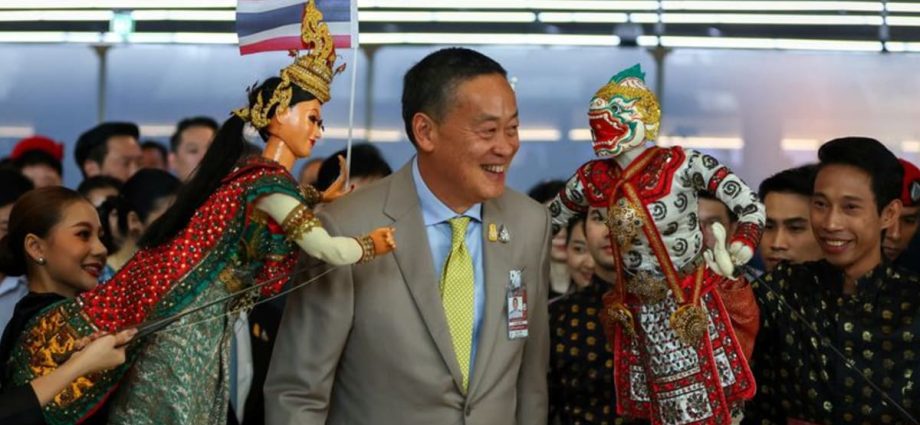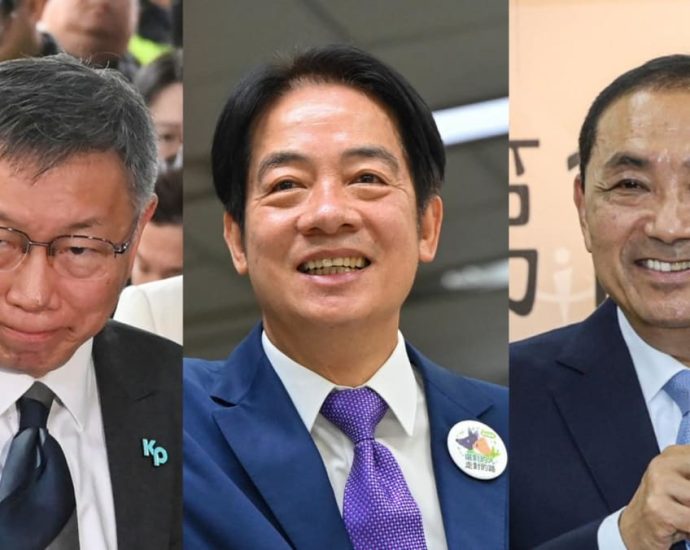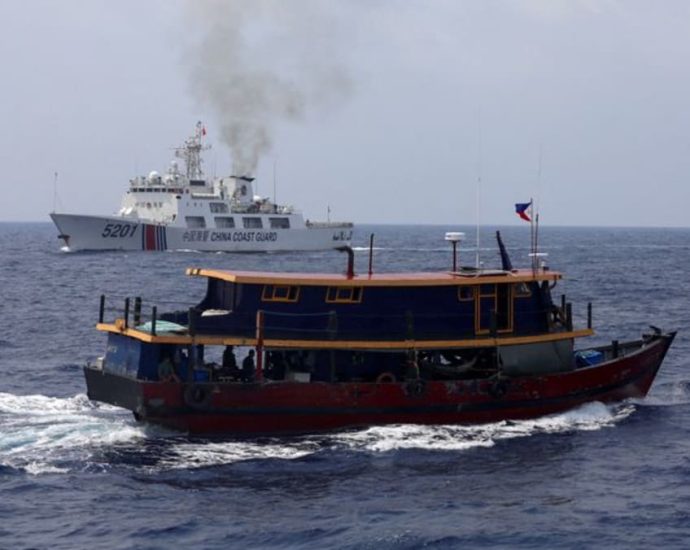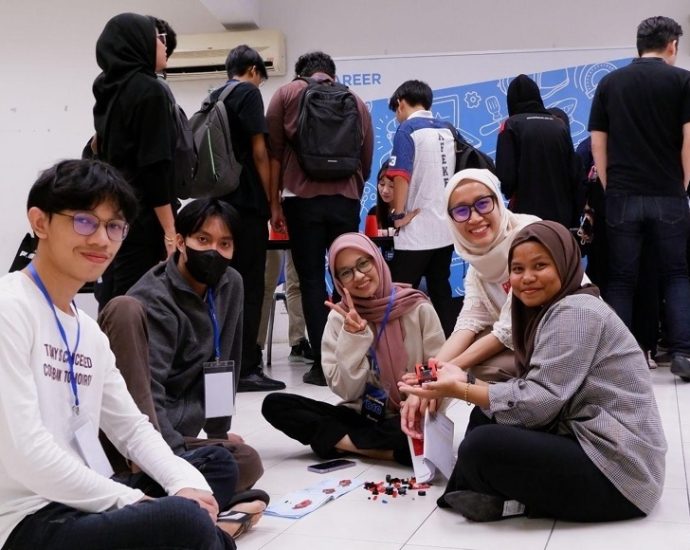Thailand, China to waive visas for each other’s citizens from March
BANGKOK: Thailand and China will permanently waive visa requirements for each other’s citizens from March, Thai Prime Minister Srettha Thavisin said on Tuesday (Jan 2). Southeast Asia’s second-largest economy, which relies heavily on tourism, in September waived entry requirements for Chinese tourists until February this year. “This will upgrade theContinue Reading















